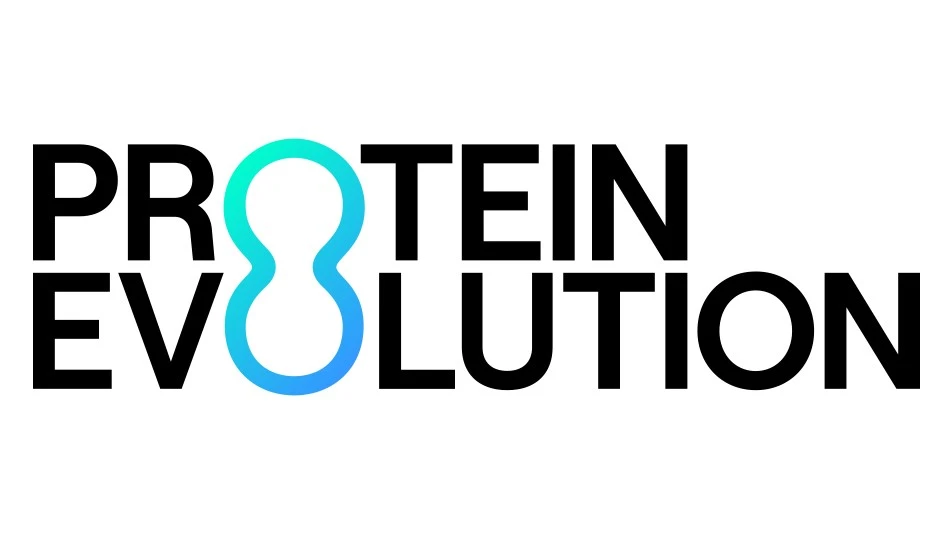
Image courtesy of Protein Evolution Inc.
A company focused on the chemical industry's transition to a lower-carbon, circular economy, New Haven, Connecticut-based Protein Evolution Inc. (PEI), has announced what it claims is groundbreaking technology that transforms textile and mixed-plastic scrap into an infinitely reusable resource.
Leveraging recent breakthroughs in natural science and artificial intelligence (AI), the company says it designs enzymes to break down end-of-life textile and plastic materials into the building blocks that make up new textile and plastic products. PEI says its proprietary process is the first of its kind that is built to scale, creating a cost-effective solution with immediate applications for the petrochemical industry, global consumer goods companies, textile manufacturers and others that are looking to reduce their reliance on fossil fuels.
PEI says its initial funding totals more than $20 million, coming from entrepreneurs and industry leaders. The fundraising round was led by Collaborative Fund’s recently announced climate fund, Collab SOS, which has partnered with fashion designer Stella McCartney. According to PEI, additional funding came from New Climate Ventures, Eldridge, Nextrans and Good Friends, which is backed by the founders of Warby Parker, Allbirds and Harry’s.
“Despite significant and aggressive industry commitments toward sustainability, the current approach to plastic recycling is costly, ineffective and resource-intensive,” PEI co-founder and Chief Business Officer Connor Lynn says. “Right now, it’s far cheaper for petrochemical companies to produce new virgin plastics than it is to recycle existing materials, which is one of many reasons why used plastic is piling up in our oceans, landfills and incinerators. PEI has innovated a low-energy, cost-competitive process for upcycling finished plastics that’s poised to meet both industry concerns and deliver massive environmental benefits. We’re working hard to usher in a new era of plastics—one that’s truly sustainable and circular.”
PEI says its technology iteratively tests, evaluates and maps tens of millions of unique enzymes to identify the most effective way to recycle materials into reusable chemicals, an approach it says will help decarbonize the chemicals industry and will carry significant impact in the emerging bioeconomy as companies, communities and governments are required to meet global sustainability goals in the coming years.
The PEI team says it expects to launch its first commercial partnership by the end of this year, addressing the needs of global consumer brands seeking to recycle and transform textiles and mixed-plastic materials.
“Nature has already produced a bacteria that can break down plastic for emission-free recycling, but it’s extremely slow. If we had a few million years to wait for evolution to run its course, we’d have something much more efficient,” PEI co-founder and Chief Technology Officer Scott Stankey says. “Our technology condenses a million-year evolutionary process into a single day, helping us create an affordable, scalable and effective solution to revolutionize the plastic waste industry.”
PEI was founded in 2021 by Yale University alumni Lynn and Stankey, in partnership with scientist, entrepreneur and National Medal of Technology and Innovation recipient Dr. Jonathan Rothberg. The company has also partnered with ESPCI Paris and Guilford, Connecticut-based 4Catalyzer, a life sciences accelerator that says its aim is to make a global impact through bold innovations in medicine, engineering, machine learning, life sciences and biotech.
Latest from Recycling Today
- BMW Group, Encory launch 'direct recycling’ of batteries
- Loom Carbon, RTI International partner to scale textile recycling technology
- Goodwill Industries of West Michigan, American Glass Mosaics partner to divert glass from landfill
- CARI forms federal advocacy partnership
- Monthly packaging papers shipments down in November
- STEEL Act aims to enhance trade enforcement to prevent dumping of steel in the US
- San Francisco schools introduce compostable lunch trays
- Aduro graduates from Shell GameChanger program





